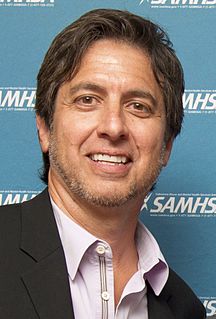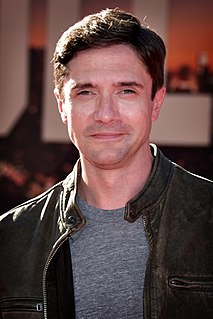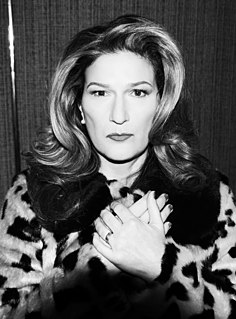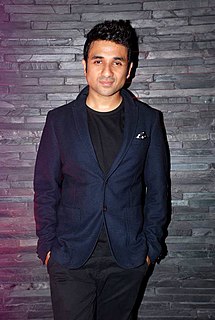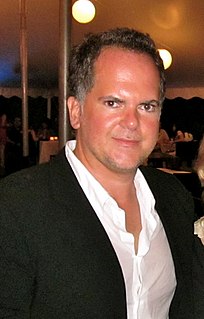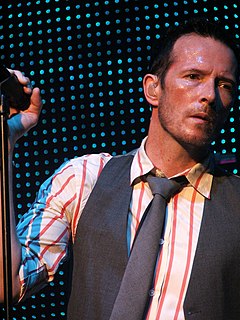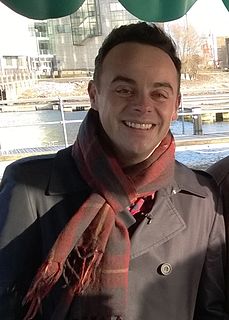A Quote by Ray Romano
The only thing I miss from the sitcom format is that immediate gratification of when you're, if we're talking about comedy, of the live audience.
Related Quotes
The great thing about a sitcom is that you're in front of a live audience, so you really get in touch with what audience reaction is, but also there are lots of elements of film that you're dealing with, and there's kind of a great boot camp or graduate school mentality to it, because you're going to suck.
You cannot begin to imagine the shock I had when I came down on the floor for the first time. First of all, there's this whole thing about playing sitcom comedy. I didn't want to do the sitcom thing, but I didn't know what else to do. I went slowly. We went through the week of rehearsal, then we got on the floor with the cameras, which I'm used to because of my experience in the old days. Then came camera day, with an audience, and it was stunning, enthralling, exciting and chaotic. I had never experienced anything like that before, as an actor. I was part minstrel, part actor.
The thing I always guard against when I'm talking to people I'm working with about a script is that there's a thing I don't like and it's called "talk story." It's when you're talking about the story; the characters are tasked with talking about the story instead of allowing the audience to experience the story.
The only thing I knew in the world as a little kid was comedy. And no other kids in my school cared about it at all. There was no one to talk about it with. You know, we're in a geek culture now where comedy is so giant. I'm one of the people that, you know, works on Funny or Die. And there is just a giant culture of comedy nerds. But back then, I was alone, and I had a little confidence about it because I felt like, this is my thing, this is the only thing that only I know about.
The big difference I think between tv and stage is definitely the immediate buzz that you get. And that's not just as an actor, as an audience member you're getting the chance to have this kind of two-way process where the actors and the audience are experiencing the same thing. With tv you often have to wait months and months down the line to actually get the pay-off. Whereas with theatre it's a very immediate thing.
We delude ourselves if we believe that skilled behavior is easy, that it can come about without effort. We forget the years of tuning, of learning and practice it takes to be skilled at even the most fundamental of human activities: eating, walking, talking, reading, and writing. It is tempting to want instant gratification - immediate expert performance and experiential pleasure - but the truth is that this primarily occurs only after considerable amounts of accretion and tuning.
